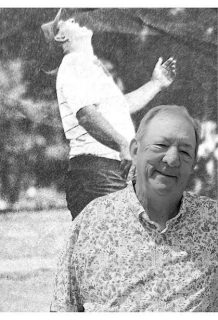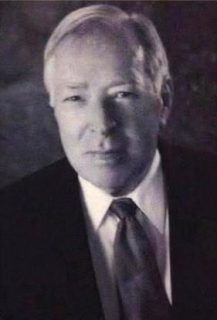Paul’s appeal in key states gives edge
Published 11:05 am Wednesday, July 23, 2014
Watch any NBA or NFL draft, and you may quickly grow tired of all the allusions to a particular player’s “upside.” This little word refers to someone who might be a little undervalued and probably won’t excel – but has all the tools to become a superstar.
In the 2016 Republican presidential race, that player/candidate is Sen. Rand Paul of Kentucky.
Trending
There is little that surprises in the new NBC News and Marist College polls of Iowa and New Hampshire. In both states, Democrat Hillary Rodham Clinton leads Vice President Joe Biden by 50-plus points, and the GOP field is a cluttered mess that is nearly impossible to make heads or tails of.
But dig a little deeper, and you see Paul’s potential. More than any other candidate, Paul seems to have real paths to victory in both states. It’s far too early to say with any certainty what will happen (and we can’t emphasize enough the limited value of early polling), but the potential is clearly there.
For a few reasons:
He is at least tied for first in both states.
The Iowa poll has the Kentucky senator deadlocked with former Florida Gov. Jeb Bush at 12 percent, while the New Hampshire poll has him in front of New Jersey Gov. Chris Christie, 14 percent to 13 percent. In neither state does he have a big lead – or even a statistically significant one – but the fact that he is at or near the top is notable.
In fact, no non-incumbent Republican presidential candidate has won both states since they were granted first-in-the-nation status in 1976. Not one.
Trending
He also is the second choice for a lot of voters.
Paul is the first or second choice of 22 percent of voters in Iowa and 26 percent of voters in New Hampshire. If you add up all the first and second choices in each state, Paul comes out slightly ahead of the better-known Bush (48 percent to 47 percent) and well ahead of everybody else.
In other words, Paul is on the radar screens of more voters in the two earliest presidential nominating contests than anybody else. And that helps.
Nobody else has that kind of appeal right now.
Early polls of the 2016 contest have shown Paul leading about half the time in New Hampshire and generally running toward the front of the pack in Iowa as well. Christie and Sen. Marco Rubio of Florida both led these two states early on but have since seen their support fall off (thanks to Christie’s bridge scandal and Rubio’s dabbling with comprehensive immigration reform), and nobody else is as consistently toward the top in both states.
It’s very rare that a presidential candidate excels in both of the two early states, given Iowa is dominated by evangelical Christians and New Hampshire has a more moderate bent. And it’s generally assumed that any candidate who wins both would probably end the race right then and there – as was (essentially) the case on the Democratic side in 2004 with John Kerry.
Paul’s unusual profile appears to have appeal to these disparate constituencies. He has spent considerable time appealing to the kind of Christians you would see in Iowa, but his libertarian streak fits nicely with New Hampshire as well.
He talks to both tea party crowds and to nontraditional Republican groups, including historically black colleges.
By contrast, Christie is likely to find tough sledding in Iowa, and candidates such as Sen. Ted Cruz of Texas, Texas Governor Rick Perry and former senator Rick Santorum of Pennsylvania aren’t as well-suited to appeal to Northeastern Republicans.
Paul isn’t the only one who seems capable of pulling off an unprecedented two-state sweep, but for now, he appears to have the best chance.






